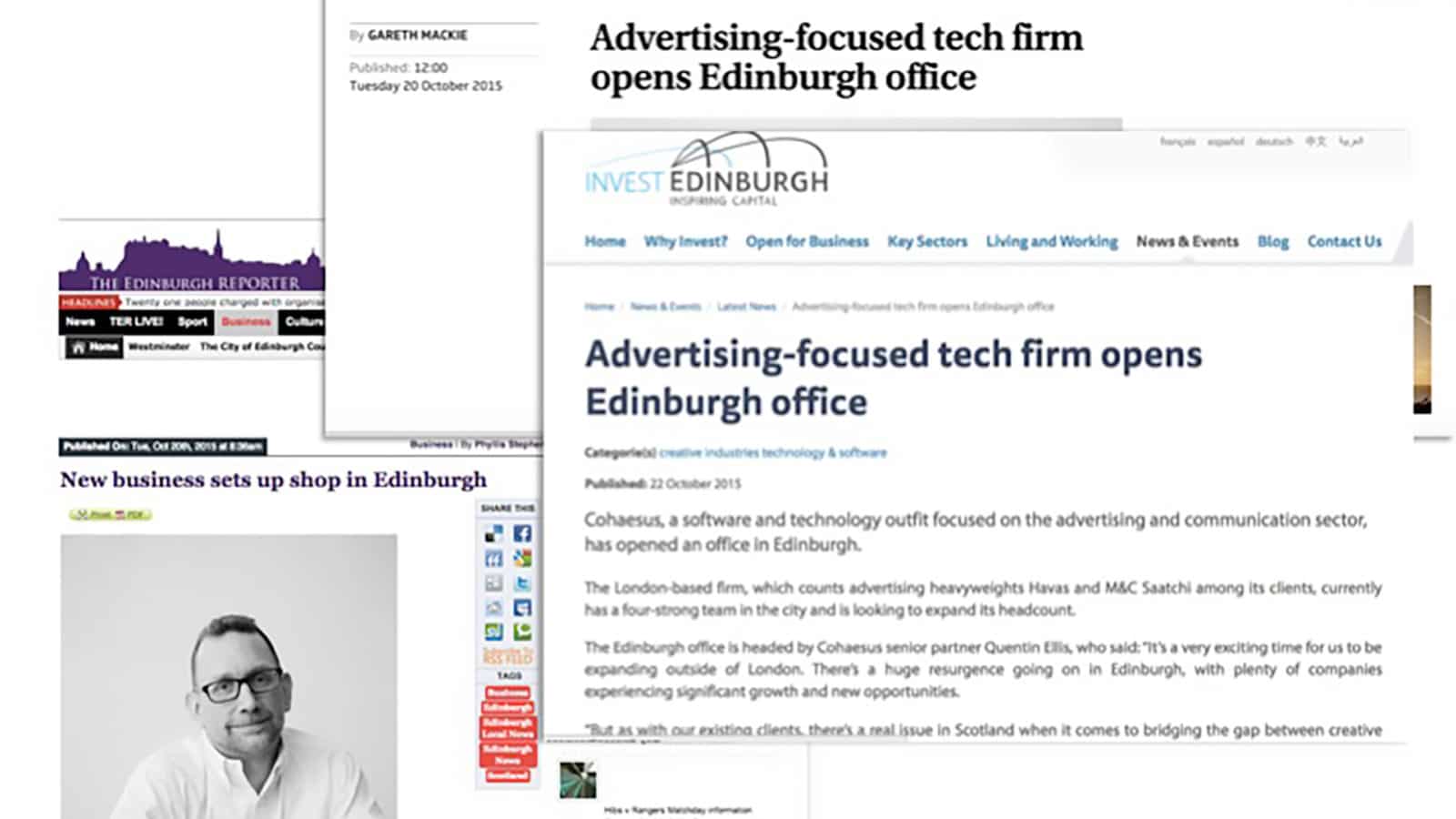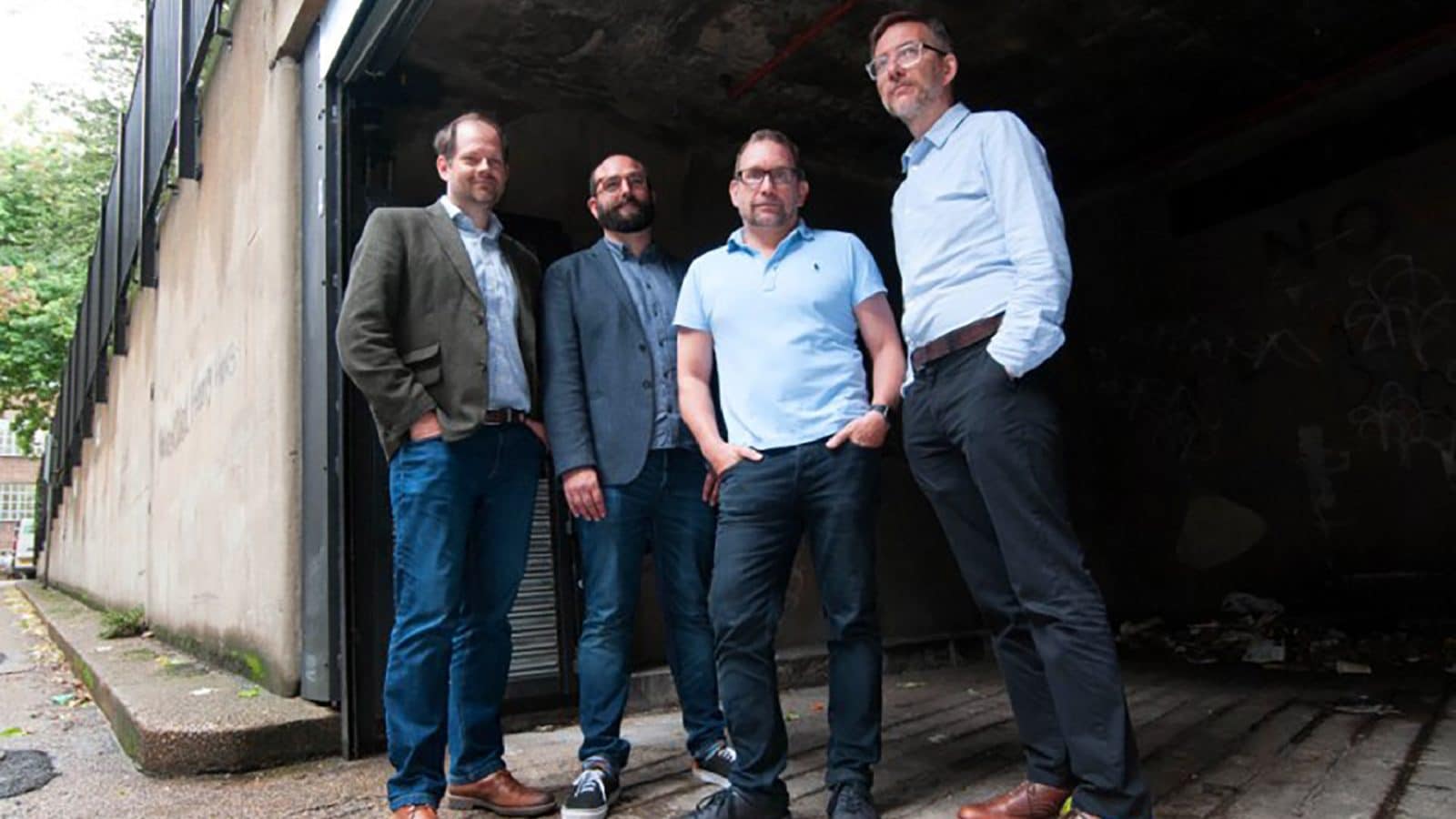The past few months has seen the team at Cohaesus dig deep as we examine the issue of diversity with a focus on technical roles in UK agencies. We recently launched a series of events designed to provide technical directors from an agency background with a forum to discuss the key issues. We’ll be sharing the results of the event soon in a whitepaper that outlines the steps we need to take to achieve a more inclusive mix comprising different ages, cultures, social backgrounds and gender.
As part of the wider conversation, we’ve been talking to industry experts about the barriers that still hold us back. Kicking off the first in a series of Q&A blogs, we caught up with Sheree Atcheson, the UK Expansion Director of Women Who Code and founder of the UK branches in Belfast, London and Bristol to talk coding, confidence and gender bias.
For those who don’t know, tell us more about Women Who Code
Women Who Code is a world-wide not for profit that aims to eradicate the gender bias in the industry through free monthly hack nights, tech talks and career training. With over 50,000 members worldwide and almost 6,000 in the UK, we create a space for women to grow their confidence, share knowledge and problem-solve, as well as learning new digital skills.
Do you think we’re starting to see less stigma around women coding?
Absolutely! The introduction of coding into schools has been a really positive step but we still have a long way to go. Part of the problem lies with outdated stereotypes. There’s still massive influence from the media, parents, and even toy manufacturers that impacts how boys and girls interact and learn. More often than not, boys are still given ‘tools’ to play with, while girls are set up with some colouring for example. It’s a daunting task but if we readdress some of these areas now and get them right, then the tech industry has a better chance of following.
Was it always like this?
Interestingly, there was a lot of interest in the 1960s and 1970s, with the number of women studying computer sciences growing faster than men. Then during the mid-80s, we saw a strangely dramatic drop-off. Why this happened may come back to media stereotypes. There is nearly always a direct link between when the media starts to showcase a certain role or industry and the perception that follows. During the 80s we saw a boom in film and popular culture; there was an influx of films, from Back to the Future to Honey I Shrunk the Kids, that stereotyped technology and science-based careers. While it may sell movie tickets, this isn’t a very inspiring portrayal for women (or men) who are still routinely scrutinised for their appearance.
How does this affect what’s happening in the workplace?
Broader campaigns including #LikeAGirl are helping to put the issue of confidence and gender bias on the map – particularly for young girls. But women, who have already entered the workplace, are still facing a confidence crisis, especially when it comes to making the grade at senior levels. This is evident when looking at the FTSE 100 – only 5% of its chief executives are female and only 3% are female chairs.
Strong, assertive ‘go-getters’ are still often described as ‘bossy’ or ‘strident’ compared to their male counterparts who are called ‘leaders.’ This is a huge barrier when it comes to celebrating women at the top. More than that, it just doesn’t make sense. Companies do better when women are part of the decision making process. So even if you take the moral issue out of it, being inclusive is just good for business!
What can we do to combat the issue?
The rise of meet-up groups and community get-togethers has been one of the most positive steps we’ve seen in the last couple of years. There are loads to choose from – from after-school clubs to coding groups for adults looking to embark on a new career. Nearly all of them are free, which means there’s no excuse not to get out there and learn something new. Most importantly, they’re full of like-minded, supportive people that want to come together to solve a problem.
To build on that momentum and inspire the next generation of coders, we need to make sure that we’re giving teachers enough support – if they’re not confident teaching it, how can we expect our kids to be confident learning it?



